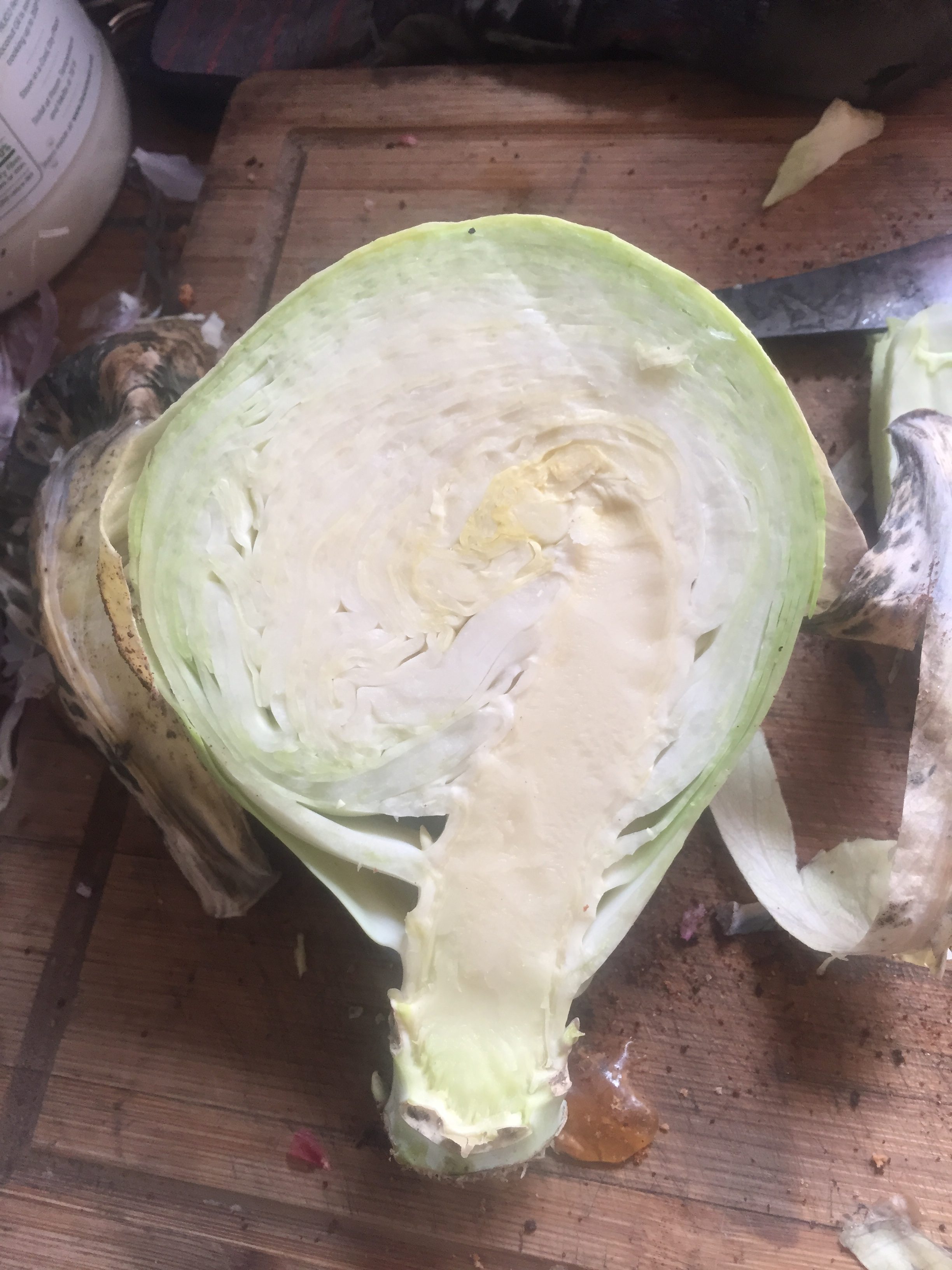
As a farmer or horticulturist, you may not realize it, but you use physics and engineering principles every day in your work. In order to understand and solve problems that arise in your field, it can be helpful to know some of the key concepts and terms from these disciplines.
First, let’s talk about physics. Physics is the study of matter and energy and how they interact. In horticulture, you may use physics to understand how water moves through soil, how light interacts with plants, and how heat and cold affect crop growth.
One important concept in physics that is relevant to food, plants, living systems… is fluid dynamics. This is the study of how fluids (such as water) move and behave. In horticulture, you may use this knowledge to design irrigation systems that efficiently deliver water to crops, or to understand how water moves through soil and affects plant growth.
Another important concept in physics is thermodynamics, which is the study of heat and temperature. In horticulture, you may use this knowledge to design greenhouses that keep crops at optimal temperatures for growth, or to understand how extreme heat or cold can affect crop growth.
In addition to physics, engineering is also a crucial field for horticulturists to understand. Engineering is the application of scientific and mathematical principles to design, build, and maintain structures, machines, and systems.
Another important area of engineering that is relevant to horticulture is of mechanical sort. This is the branch of engineering that deals with the design, construction, and operation of machinery and tools. In horticulture, you may use mechanical engineering to design and build tools and machines such as tractors, plows, and irrigation systems.
Another important area of engineering that is relevant to horticulture is electrical engineering. This is the branch of engineering that deals with the design, construction, and operation of electrical systems. In horticulture, you may use electrical engineering to design and install lighting systems for greenhouses or to design and install systems to control temperature and humidity.
A key term in engineering that is relevant to horticulture is “efficiency.” This refers to the ratio of output to input in a system. In horticulture, you may use this term to refer to the efficiency of an irrigation system, for example, or the efficiency of a lighting system in a greenhouse.
Another important term in engineering is “stress.” Stress refers to the force exerted on a material or structure, and can be caused by factors such as weight, temperature changes, and wind. In horticulture, you may use this term to refer to the stress on a plant caused by wind or heavy fruit, or to the stress on a greenhouse caused by high winds.
Finally, “load bearing” is also an important term to know in engineering. This refers to the ability of a material or structure to bear weight or stress. In horticulture, you may use this term to refer to the ability of a greenhouse to withstand high winds or heavy snow.
In conclusion, as a farmer or horticulturist, you use physics and engineering principles every day in your work. Understanding key concepts and terms from these disciplines can help you to understand and solve problems that arise in your field. Some examples of concepts include fluid dynamics and thermodynamics in physics and mechanical and electrical engineering in engineering. Some examples of key terms include efficiency, stress, and load bearing. Understanding these concepts and terms can help you to design and maintain systems and tools that are more efficient and effective in your work.